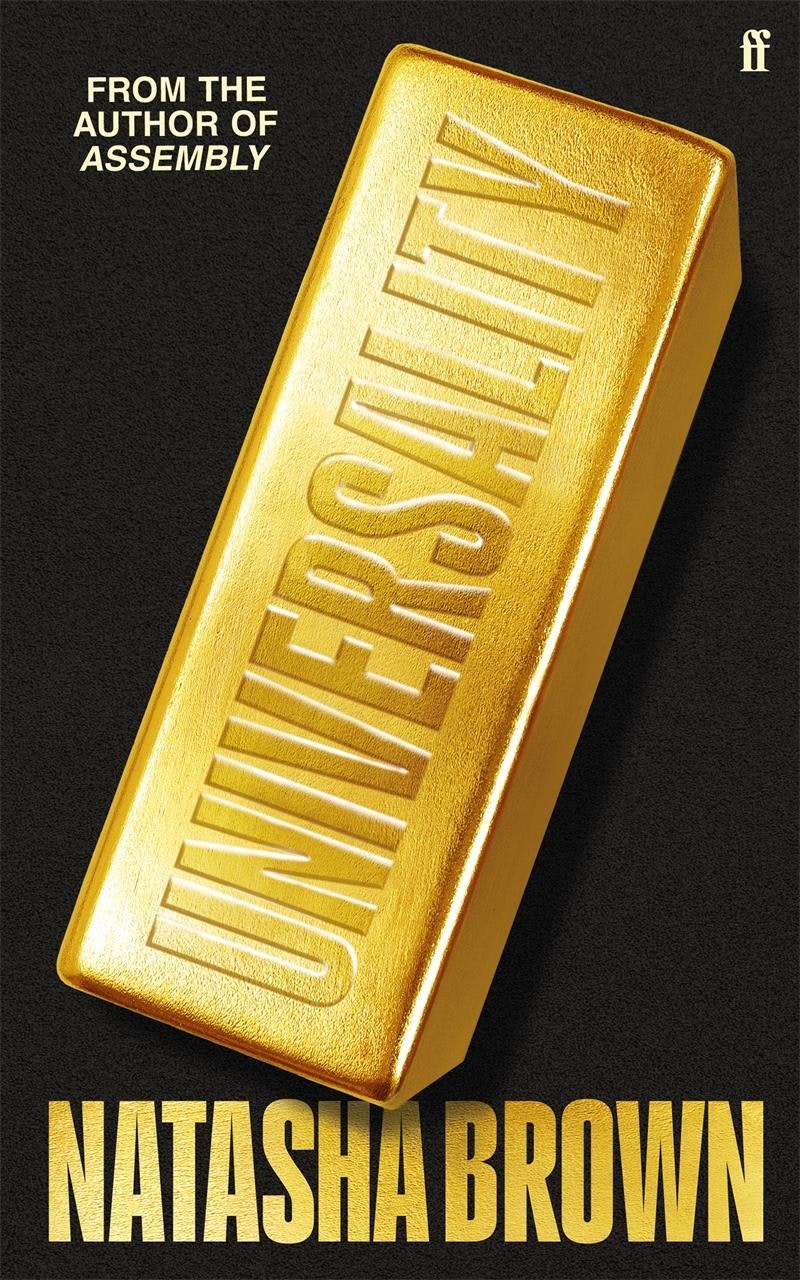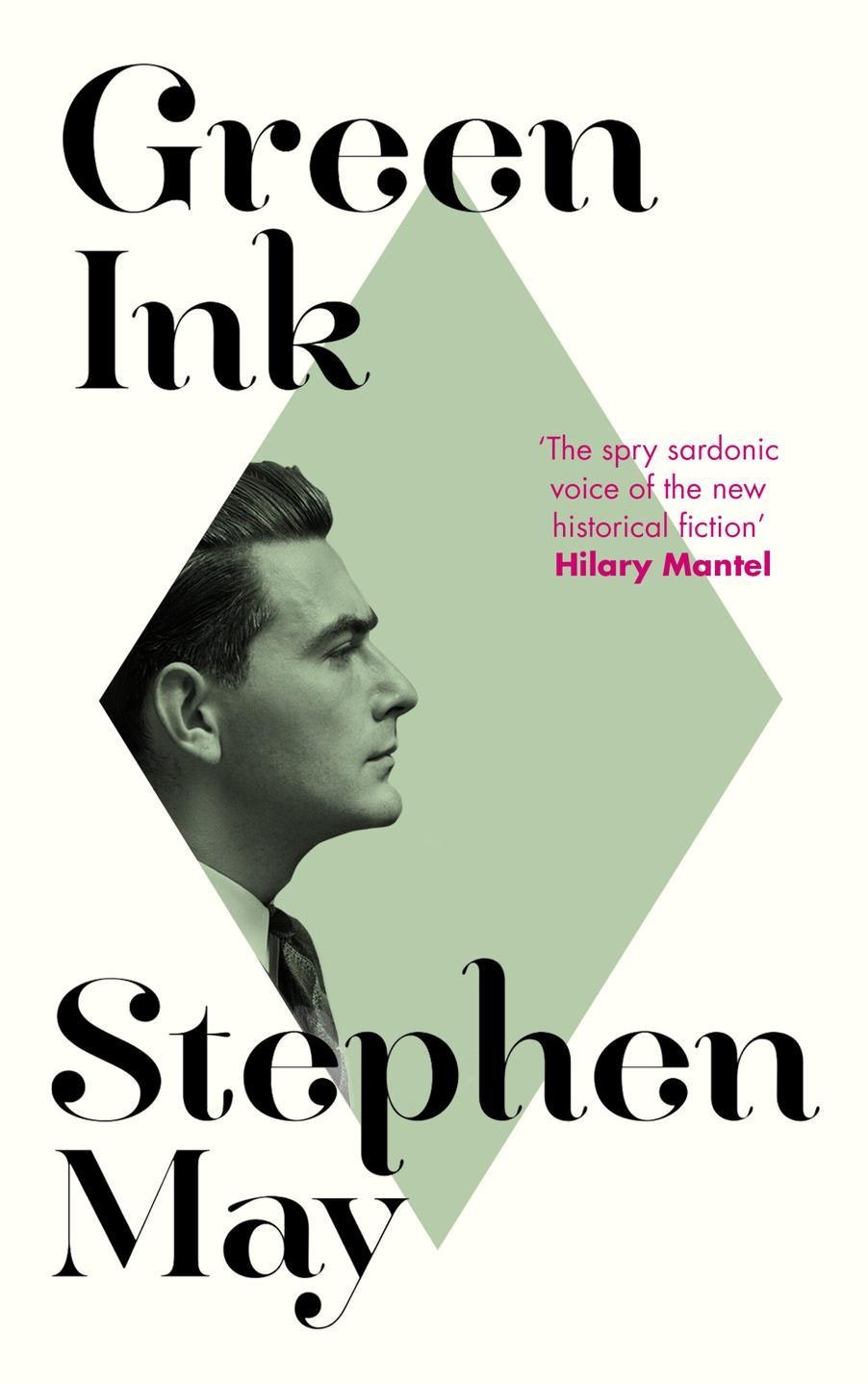This article is taken from the April 2025 issue of The Critic. To get the full magazine why not subscribe? Right now we’re offering five issues for just £10.
The downside for a writer of a successful debut novel is the subsequent need to do their growing up in public. Fifty years ago, Martin Amis followed scabrous but fitfully brilliant The Rachel Papers with the scabrous but largely terrible Dead Babies. Twenty-five years ago, Zadie Smith made a big splash with White Teeth, and then gave us the freakishly flat The Autograph Man.
Natasha Brown’s first novel Assembly was one of the sensations of 2021, a sharp story, splintered into shards, of a young Oxbridge-educated black woman’s great refusal of society, complete with shocking ending. This magazine called it “slim, stark, effective”, and we were not alone.
So Brown’s follow-up carries expectations. Universality, at 150 pages, doesn’t seem like much for four years’ work, but size isn’t everything. It opens with promise, as a man is bludgeoned with a solid gold ingot (12.5kg, half a million dollars’ worth). “It looked like a fucking Toblerone but it hit like a cricket bat.”
It transpires that what we’re reading is a magazine article about the bludgeoning and its consequences. It takes place at a farm, owned but not occupied by arch-capitalist Richard Spencer, who purchased both farm and gold bar as part of his apocalyptic prepper fantasies. We get quick cuts between the parties involved: Spencer; Jake the bludgeoner (now gone missing), part of a collective of political activists called the Universalists and Miriam Leonard, “anti-woke” newspaper columnist and estranged mother of Jake.

The big risk here is delivering the first third of the novel in this format, especially when it doesn’t have the colour or deftness we’d expect from a good magazine feature. Brown says she was influenced by the “new journalism” of writers like Tom Wolfe, but the piece, despite some light satire — the Universalists claim they’re “for everyone” but are all notably “young, middle-class and white” — has none of Wolfe’s energy. (As one character later observes, the article “lack[s] direction” and “could have used a sharper edit”.)
But the worse news is that the first part turns out to be the best bit. After this, we move to a dinner party hosted by Hannah, the journalist who wrote the feature — which, bizarrely, is being adapted for television. Its success has turned her fortunes around, at least for a time, but the person who has benefited from it most is the hack columnist Miriam Leonard (aka Lenny), who has found a new wedge writing about “woke capitalism” and how it’s “trampling all over the working classes”.
The measure of a novel is not its ideas but how it animates those ideas, and the dinner party section of Universality is too on-the-nose, with flat discussions of the media, racism, classism and more; some more light satire and satire-on-satire: Hannah in her quiet periods is reduced to writing book reviews, “five-hundred-word summaries of the latest multicultural dreck passing for contemporary women’s fiction”. I kept turning the pages back and forward, looking in vain for hidden depths.
Then we go to the viewpoint of Richard Spencer, where a hint of character development — a nice account of how his last uncomplicated happiness was a childhood holiday — is dashed when we switch quickly to Lenny’s narrative angle. She’s unsubtle, which at least is consistent with her columnist persona — “the internet,” she reflects unremarkably, “grants every idiot a spray can and a wall” — and this takes us all the way to the end of a novel where the dramatic climax is — wait for it — a Q&A discussion at a literary festival.
There’s something of the richness we know Brown is capable of on the very last page — but that doesn’t seem anything like enough. Universality is frustrating as much as it is disappointing: I kept egging it on to be better. Growing up in public is hard, and Martin Amis and Zadie Smith both managed it in the end. I’m confident Brown can do it too.
A contrast to Brown comes in the career of Stephen May, who has written five previous novels without ever hitting the heights of literary fame, despite skirmishes with prize shortlists. Now his sixth novel, Green Ink, arrives and may show the benefits of a quieter career development. That is, it is striking and entertaining, with something joyful on every page: it is, we assume, at every point just what May intended it to be.
It is original too: is there another novel in the language that opens with a scene of prime minister David Lloyd George in flagrante with his secretary, complete with pet name for his penis? (“Mr Pidyn, the MP for my own girl.”) So yes, this is a novel that uses history as its springboard and opens in 1920 when Lloyd George is fearful that controversy over the sale of honours may capsize his premiership.

The man in the know — and the real centre of the book — is Victor Grayson, socialist, effective orator and “self-proclaimed agitator” who could spill the beans on the corruption. In real life, Grayson disappeared in 1920 at the height of the honours scandal, and Green Ink — named for the colour used in secret service communications — offers an account of one end he may have met.
The tone is spry and satirical, aimed everywhere. “The older [Victor] gets, the more he believes in socialism, but the more he finds the men and women who practise it tiresome,” whilst “sometimes the thing Victor hates most about capitalists is how bad they are at capitalism”. Real figures run through the pages, each neatly delineated: senior police officer Basil Thomson; Victor’s lover Harry Dawson to whom he sends letters (“they contained descriptions of what he liked about Harry’s body (everything), what he wanted to do with Harry next time they met (everything)”); surgeon and informal therapist Ethel Vaughan-Sawyer, “headshrinker to traumatised women” and more.
Victor is not short of enemies, and the question may not be who gets to him, so much as who gets to him first. He is on the secret service payroll, about which he feels no conflict: “many of the leftists he reports on are fools to themselves and a danger to progress, and they need watching”. May introduces each element of Victor’s life — a secret daughter, the threat of blackmail, a memoir — clearly but with enough intrigue to make the imminent disaster of Victor’s future stack up delightfully.
There is, to be sure, a good deal of explanatory dialogue, but it’s snappy and moves things along nicely. The prose is sharp and bright, with a nice aphoristic quality (“It was work that made you strong. For a while. Before it began to kill you.”) that makes each page seem nutritious. Green Ink is a grand, provocative entertainment — and would remain so if it didn’t feature a prime minister having his trysts at Chequers overheard and transcribed by his security detail. “Is this member ready to be dishonourable?”
When the International Booker Prize long-list was announced last month, one title stood out for the universal acclaim it has received. Vincenzo Latronico’s Perfection, translated elegantly by Sophie Hughes, is a timely satire on millennial culture, as likely to appeal to those recognising themselves in it as to those mocking the generation above or below them.
It opens with a pages-long description of the flat in Berlin where the central couple, Anna and Tom, live. There’s a certain nouveau roman quality to this, but it’s softened by the rhythmic elegance of the descriptions (“They are lit by an accordion wall-light mounted between a botanical lithograph of an araucaria and a reproduction print of a British wartime poster”) and a light commentary. “The life promised by these images is clear and purposeful, uncomplicated.”

Anna and Tom are “creative professionals, a term even they found vague and jarring”. They work from home, so home is everything, and thus filled with the things that define them. “Things absolutely everywhere.” Perfection is not a traditional narrative: instead it summarises the couple’s modish way of life, with lists of activities running down the page (“The warehouse parties. The gallery parties. The blood-red light of northern sunsets”) that encapsulate the relentlessness of their lives.
Themes emerge, such as their sex life — “Had they ruled out polyamory because it wasn’t for them or because they were priggish and scared?” — and their politics. “They and all their friends belonged to an imprecise political left.”
There is not much plot, but things do happen. Anna and Tom go travelling; they find Berlin changing. “The cultural centre where the old Greeks used to play cards was now the flagship store of a Japanese trainer brand.” It’s sprightly, entertaining and strikes a balance between experiment and readability.
It is not quite original, though. Latronico acknowledges Georges Perec’s 1965 novel Things as the inspiration for Perfection, and at times the book seems less a spin-off than a rehash. There is value in reading both, because with Perfection there’s a danger of mistaking familiarity of setting for relevance, and Things can escape that.
Could a novel so strongly influenced by another win the International Booker? It has happened before, when the domestic Booker was won in 1996 by Graham Swift’s Last Orders, which transported Faulkner’s As I Lay Dying to Kent. Imitation, to adopt a cliché neither Perec nor Faulkner would countenance, is the sincerest form of flattery.







